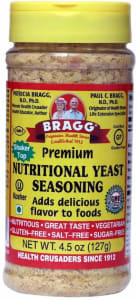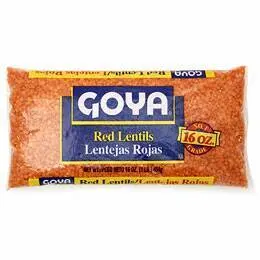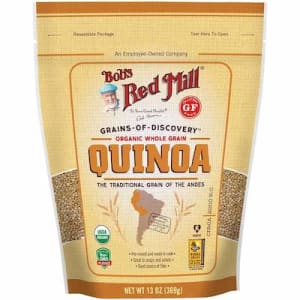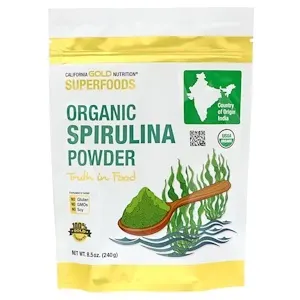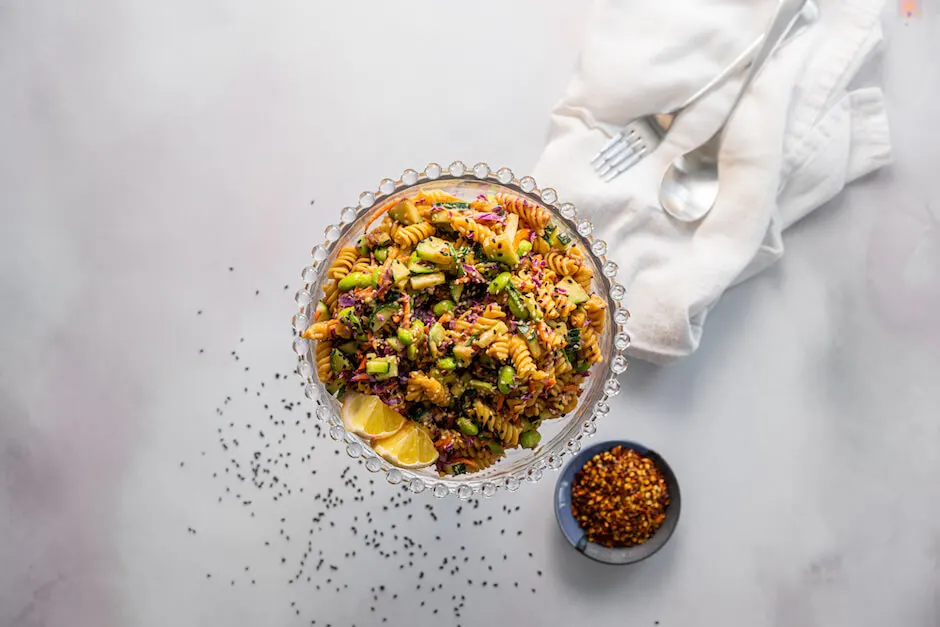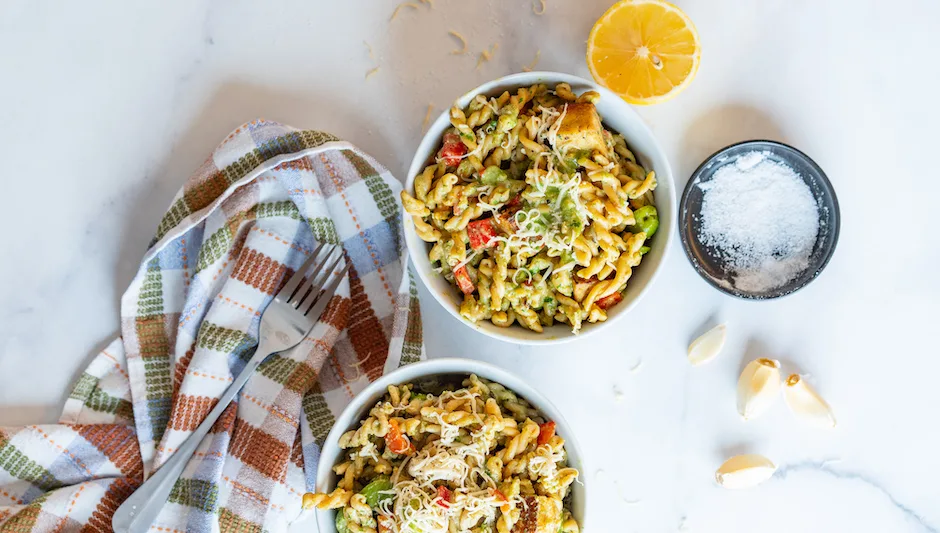
One of the biggest complaints I hear about eating a vegan lifestyle is the expense of feeding a family. I get it. Vegan foods can be expensive. When you have a family, I see how many of the foods I love could add up quickly. So let’s look at some practical ways of eating vegan on a budget.
Avoid Prepared Foods
Convenience food and vegan substitute foods always cost more, whether they’re vegan or traditional. You can make these items yourself for much cheaper, and homemade foods actually taste better anyway. You’ll be surprised at how simple it is to make your own vegan burger patties, meatballs, and even vegan cheeses. Plan ahead and make large batches to freeze to save even more time and money.
Plan Ahead
There’s nothing worse than scrambling to figure out what’s for dinner at 5:00 and discovering you don’t have the ingredients you need. These are times when you’re most likely to grab something quick and simple. Sadly, quick and simple usually means you’ll be spending more on that meal.
Eating vegan on a budget is much easier if you plan your family’s meals before you grocery shop. You will avoid multiple trips to the store and save money in the long run.

Discover New Protein Sources
It is such a common misconception that humans need a ton of protein to stay healthy and physically fit. Mention to your friends, family, or physician that you are vegan, and their instant concern is whether or not you eat enough protein. Ask those friends where the cows, gorillas, and oxen get their protein. . .from plants! Many plants provide an excellent source of protein.
- Soybeans: tofu, tempeh, edamame, soy milk
- Lentils
- Chickpeas, lima beans, and other beans
- Vegetables: peas, snow peas, broccoli, kale, spinach, asparagus, artichokes, potatoes, sweet potatoes and Brussels sprouts
- Nutritional yeast
- Spirulina
- Quinoa and amaranth
- Nuts and seeds
Not only that, but humans actually don’t need as much protein as some believe, and protein deficiency is extremely rare. Read more about that here.
Meat alternatives and faux meat options can add variety and familiar flavors when transitioning to a vegan diet. But vegan burger patties and “chicken” strips are not only costly, they typically aren’t as healthy as whole, fresh vegetables and other foods.
Buy In Bulk
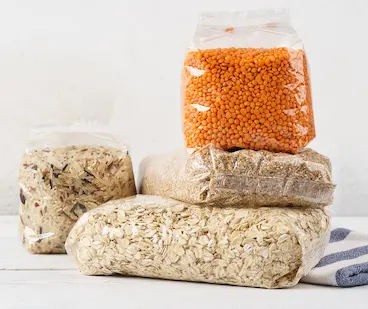
Purchasing foods you eat frequently in bulk saves a lot of money in the long run. A bag of dried beans can make dozens of meals and costs so much less than canned beans. (Not to mention they taste a thousand times better.) You can find many types of grains (like oats, rice, quinoa, etc.), beans and legumes, dried fruits, nuts, seeds, and more at bulk stores. You can even stock up on certain fresh vegetables when they go on sale to cut up and toss in the freezer.
Think Simple
There are loads of elaborate vegan recipes for you to try. I admit, I love going all-out and cooking fancy, delicious foods, and there are tons of those kinds of recipes on this website. But let’s face it: For most families, it’s simply impractical to try to cook that way every night.
So keep it simple. Stick to whole grains, steamed, roasted, or grilled vegetables, soups, salads, beans, etc. These meals may not be as impressive as an all-out vegan masterpiece, but they are filling, nutritious, and won’t break the bank or take hours on busy weeknights to prepare. Save the elaborate recipes for weekends and special occasions instead.
Try a Co-Op or Farmer’s Market
When eating vegan on a budget, your local farmer’s market can be a goldmine of possibilities. Not only does shopping at a local market support the economy, you’ll find a great selection at lower prices than major grocers. Most communities also offer produce co-ops you can join. You’ll receive a selection of in-season fresh produce at very reasonable prices. Plus, this will encourage you to try new fruits and vegetables you may have never considered.
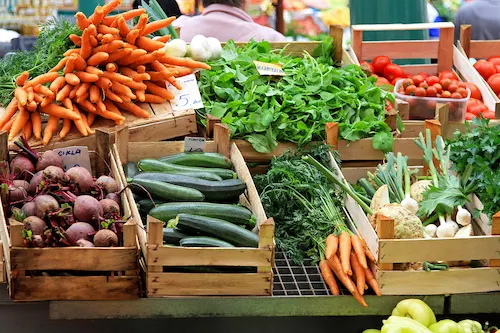
Plan Around What’s In-Season
Out-of-season produce comes at a price. Investigate when produce is at its peak and plan your meals around those items. Of course you’ll have a much wider selection in the summertime, but there are lots of great options, like broccoli, cauliflower, lettuce varieties, squash, and more, throughout the fall and winter too.
The same is true for fruits. That strawberry craving in December may mean paying a premium price, when you could opt for pears or pomegranates instead. Pay attention to what’s in season and you’ll save money at the checkout stand.
Another tip is to check for reduced produce. Most of the time, the produce is just a day or two past it’s peak and will still taste delicious once cooked or chopped into a salad.

